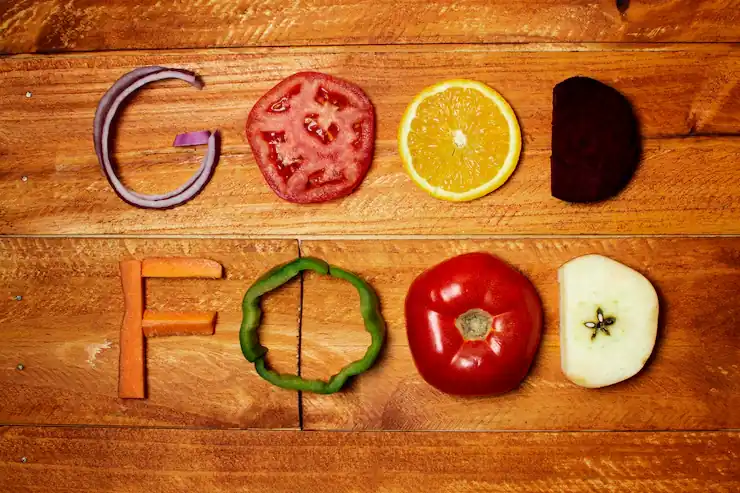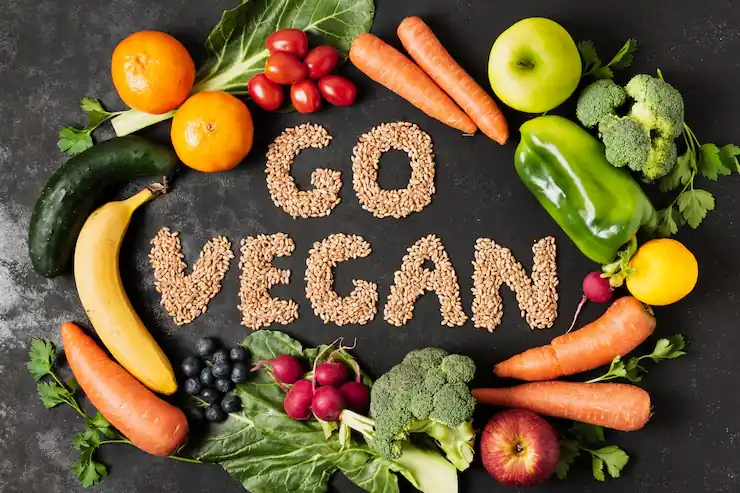
At our Navratri Catering Service in London, we understand the importance of maintaining tradition while delivering quality food that satisfies the needs of every guest. During the festive season of Navratri, it’s essential to ensure that every meal not only adheres to fasting customs but also delivers a taste experience like no other.
Whether it’s a small, intimate family gathering or a grand festival celebration, we ensure your Navratri meals are meticulously prepared to meet your exact needs.
Our Navratri Catering Service in London is dedicated to providing high-quality, fasting-compliant meals that stay true to traditional recipes while delivering a modern touch.
We offer detailed catering solutions for events of all sizes, ensuring that your Navratri celebrations are both memorable and smooth. Below are the detailed services we offer, created to meet the diverse needs of our clients:


During Navratri, fasting is not just about abstaining from certain foods; it’s about celebrating a spiritual connection through food. We offer genuine fasting-friendly meals that honour this tradition while delivering exceptional taste and quality.


Whether you’re hosting an intimate family gathering or a large community-wide celebration, we cater to events of any size. Our event catering services are designed to provide a smooth dining experience for all guests, regardless of the scale of your event.


We understand that planning an event involves more than just food. To make your Navratri celebrations run smoothly, we provide on-site catering support that ensures everything is executed flawlessly.


For smaller gatherings or intimate family meals, we offer home delivery and takeaway options for Navratri thalis. This service ensures that you can still enjoy genuine, traditional meals at home without the hassle of cooking or preparation.



As part of our commitment to inclusivity, we offer vegetarian and vegan options for all of our Navratri meals. We know that many guests prefer plant-based meals, so we ensure that every dish can be adapted to meet these dietary needs.


Our services extend beyond just food. We also provide full event planning and coordination to help you execute your Navratri celebration from start to finish. From selecting the right venue to coordinating with decorators and entertainers, we help ensure every detail of your event is in place.


We follow strict hygiene protocols in all stages of meal preparation, from sourcing ingredients to food delivery. Our separate cooking utensils and dedicated workspaces ensure that all meals are prepared in compliance with fasting guidelines.
Yes, we specialise in large-scale catering for events such as community celebrations or corporate functions. We can handle events of any size, from intimate gatherings to grand festivals.
Yes, we provide Navratri thali home delivery for smaller gatherings. All meals are prepared fresh and delivered in time for your event.
We focus on authenticity, quality, and tradition. Our meals are carefully created using fresh, premium ingredients, and we offer a level of flexibility that allows you to customise your menu to suit your event.


Ready to make your Navratri event unforgettable? Let us handle the food, so you can focus on the celebration. Contact us today to book our Navratri catering service in London and enjoy traditional meals prepared with care.

Pearl Lemon Café is a vibrant coffee shop located in Fulham, London, offering a cozy and creative environment for work, leisure, and networking.
Pearl Lemon Café
Unit number #1, building number 250 north end road,
SW6 1NJ, United Kingdom
Mon - Sat : 07:30 - 19:00
Sun : 8:00 - 18:00
Pearl Lemon Café is a part of the Pearl Lemon Group including
Corporate Catering London

Looking to wow your guests? Our catering services offer exceptional food and service for any occasion. Book now and ensure your event is a memorable one.